Don’t Become Their Worst Moment: Think BEFORE Speaking
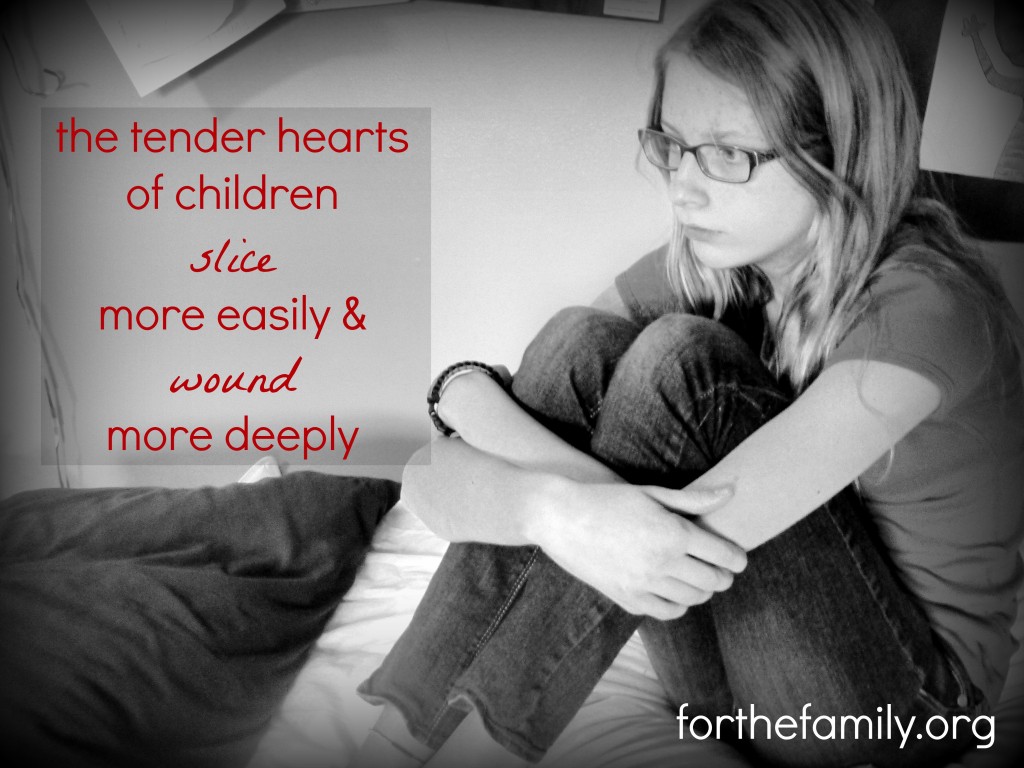
“Mom, my worst moment today was you.”
What?!
To be fair, my sweet 11-year-old daughter did not want to share. Normally eager to join the conversation when we discuss “best and worst moments” of the day, her reticence to participate was unusual. Of course after hearing her answer, the reason behind her reluctance became painfully clear: she didn’t want to tell me that *I* had been the cause of the least favorite part of her day.
Shamefully, I couldn’t for the life of me even remember what happened to have caused such pain to my girl.
As it turns out, the point of contention between us had occurred in the morning; I had apologized, she had forgiven me… but even so, the sting of the exchange lingered on in her heart.
The whole thing had me wondering… how often do my words cause my children pain? And how often am I unaware of the pain I cause?
As a parent, I need to remember that the tender hearts of children slice more easily and wound more deeply than my more experienced and more calloused core.
The Bible says that my “reckless” words “pierce like swords” (Proverbs 12:18) and that my “tongue has the power of life and death” (Proverbs 18:21).
Anyone who knows me recognizes that I process everything outside of myself. It’s why I write (and talk): to figure out what it is that I’m truly thinking.
Think BEFORE Speaking – Our Words Can Wound Our Children
People around me would be much safer from my “reckless words” — the ones that “pierce like swords” — if I could just write and revise and write and revise all my conversations.
My husband even once told me (lovingly… I think) that I need an “on deck” circle for my words before I allow them to “get in the game.”
Oh how I wish I could practice face-to-face conversations!
But, unfortunately, communication doesn’t work that way… especially in our most intimate relationships.
Sadly, the vulnerable among us — our children — often become casualties when we’re careless with our tongues.
In their book Relationships: A Mess Worth Making, Timothy Lane and Paul David Tripp state that “because our talk lives in the world of the ordinary, it is easy to forget its true significance. It is easy to forget the impact our words have on every relationship.”
I can hardly think of anything more “ordinary” than the lives most of us lead in our very own homes with our very own beloved families. Words exchanged over breakfast and laundry and piano practice; conversation shared between homework and lunches and carpooling and dinner preparation… I mean could such moments be any more “ordinary” than that?
It is in these “little” moments that our words encourage or crush, uplift or deflate, inspire or depress, heal or harm our children.
The reality? Short exchanges that seem trivial actually add up to define — in a monumentally comprehensive way — the connection between parent and child.
So those tiny moments that we think don’t matter actually do, especially when we have spoken rashly.
Which makes it all the more important that we hunger after the God who can mold us and make us into the moms and dads HE longs for us to become… parents with godly hearts who “think carefully before speaking” (Proverbs 15:28).
Blessings,
Rhonda Owens

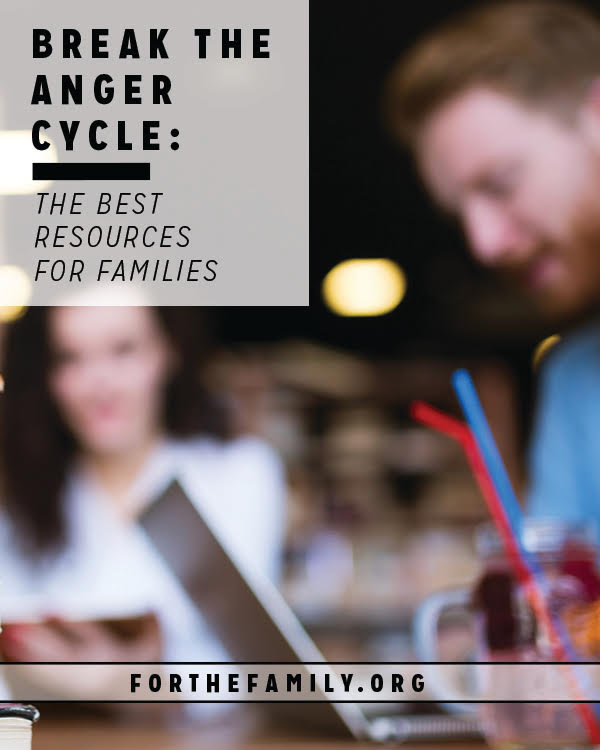
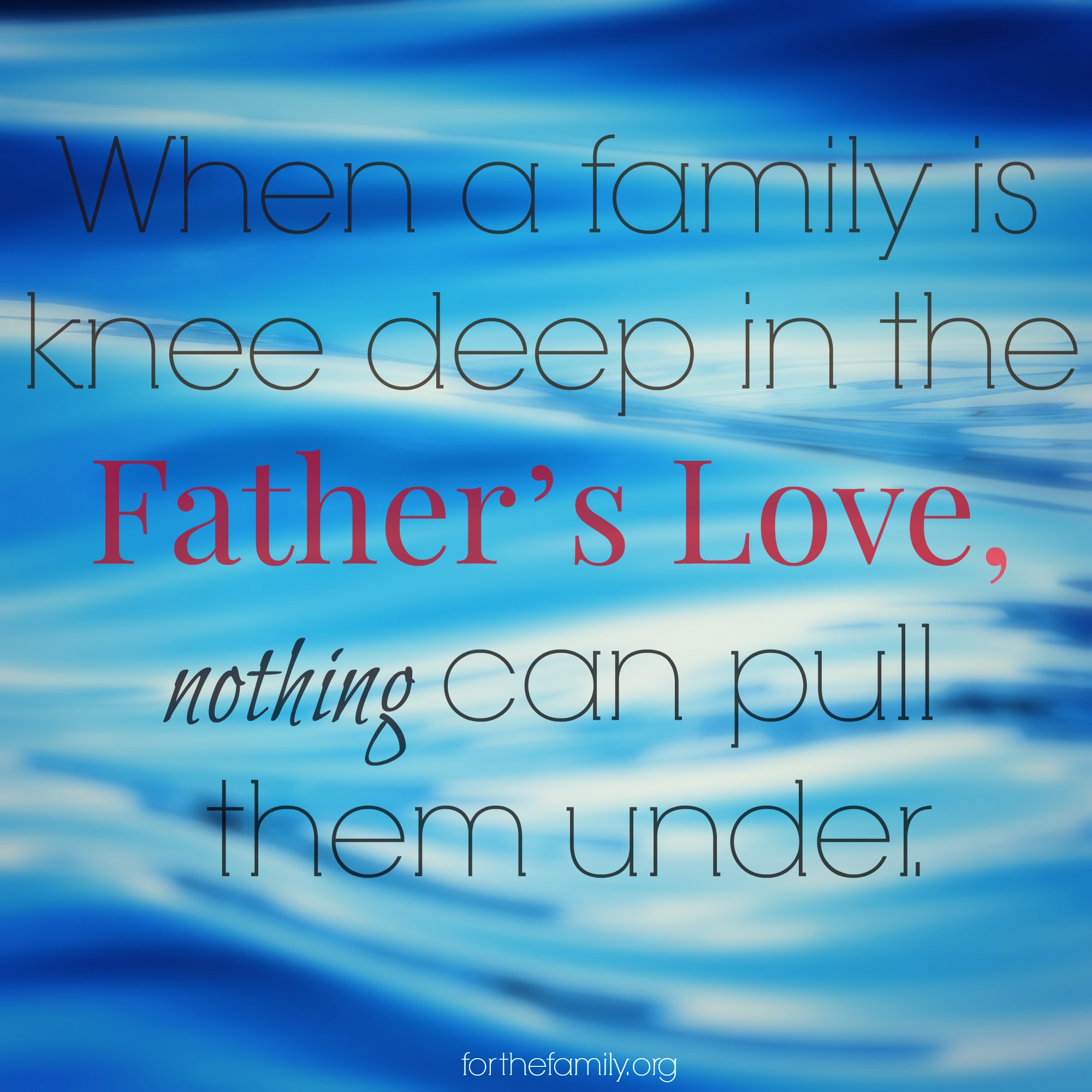
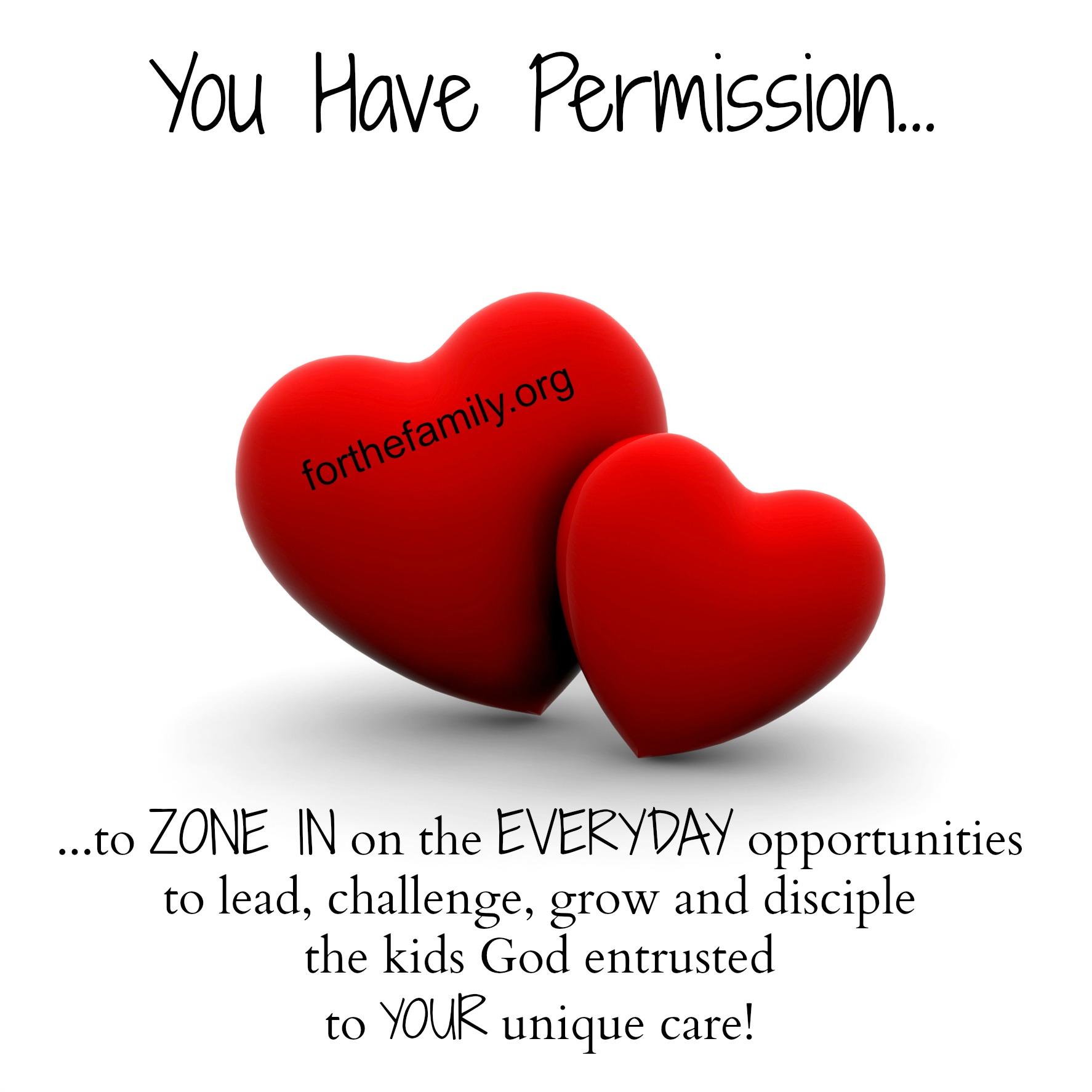

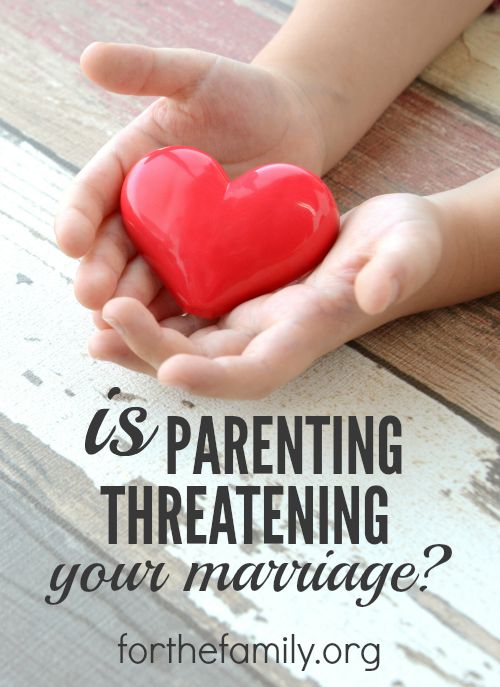
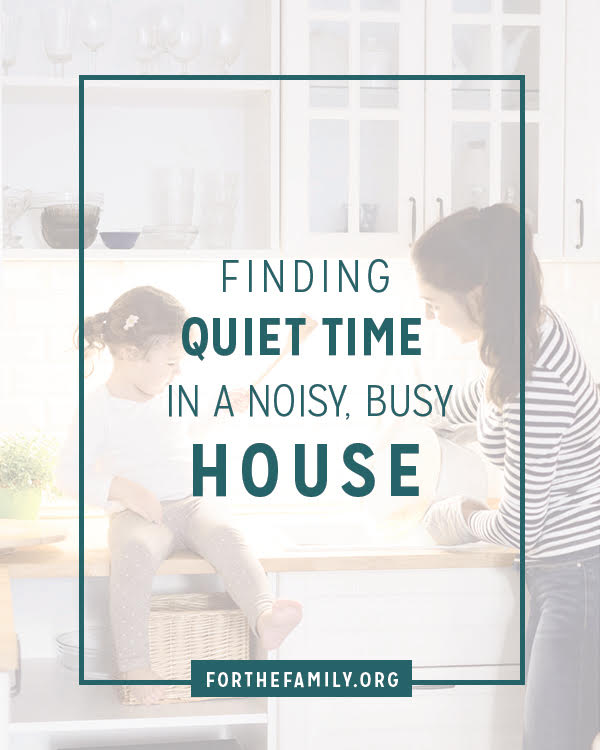
We talk about the best thing and worst thing about the day as well, and I’ll never forget the day my 4-year-old’s “worst thing” was “when you yelled at me.” Brings me to tears even now thinking about it 🙁 We tend to not yell as a general rule, but sometimes it happens, and that was a reminder of why we should work harder until that sometimes becomes NEVER.